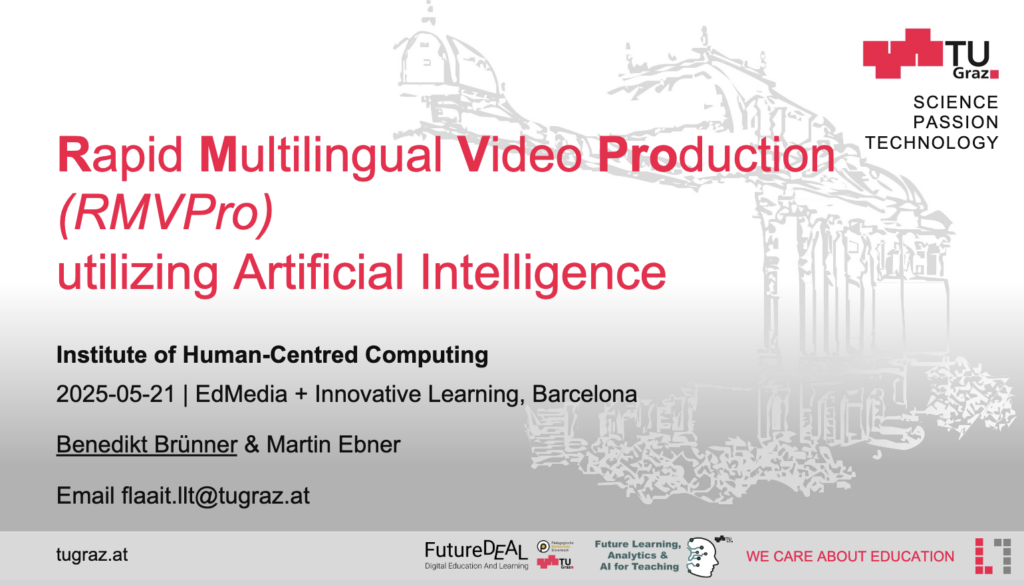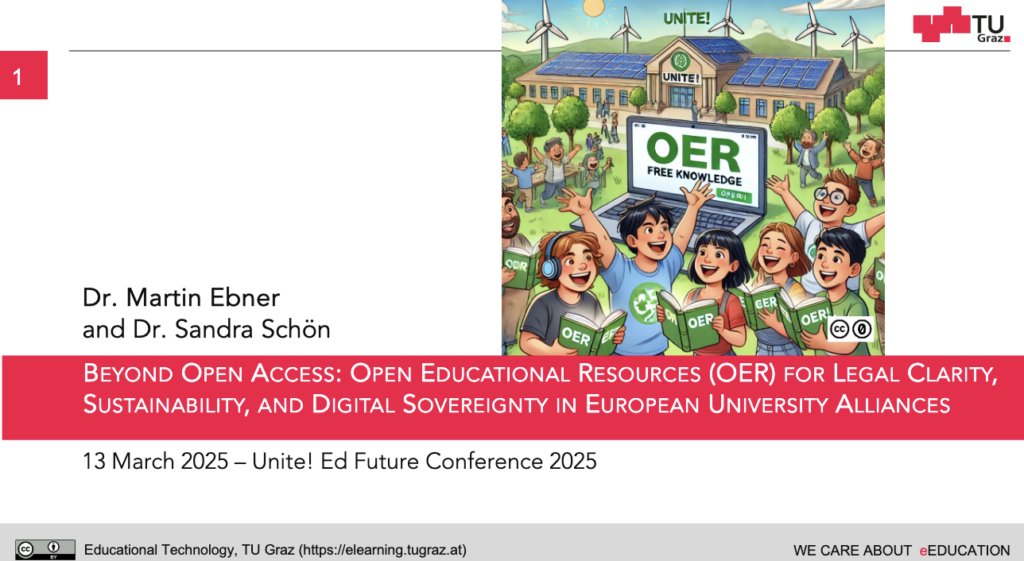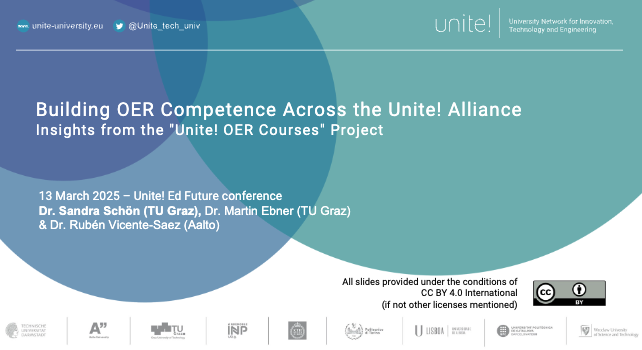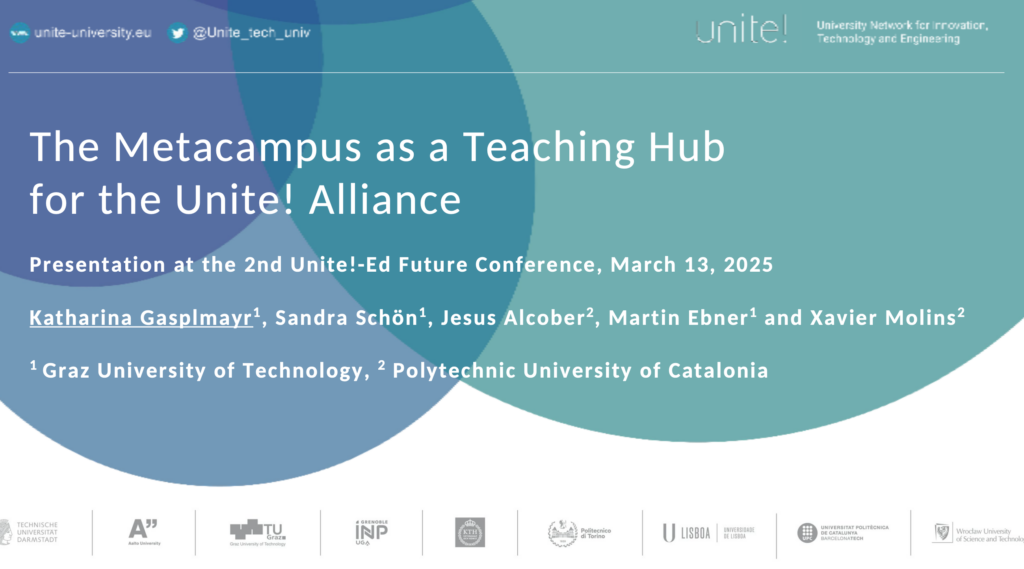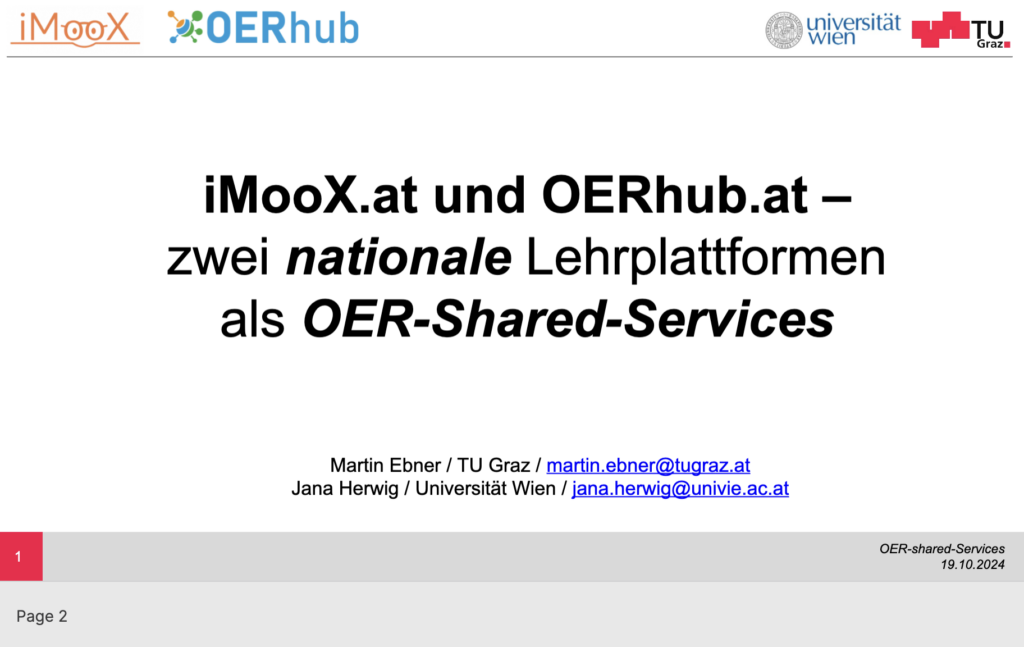Our research titled „Refactoring and Evaluation of an Interactive Web Portal for German Language Acquisition“ got published at this year’s ED-Media conference in Barcelona.
Abstract:
This paper presents the refactoring and evaluation of IDeRBlog, an educational blog platform designed to support German language acquisition in primary schools. Originally developed as part of an EU Erasmus project, IDeRBlog aims to improve students’ spelling skills through a combination of intelligent feedback and blogging features. The recent redevelopment focused on updating the user interface for mobile compatibility and integrating modern web technologies. To assess the impact of these improvements on user experience, two test classes used the IDeRBlog system during regular German lessons. Students received automated feedback on their writing, while teachers tracked progress using learning analytics to identify common error categories. The evaluation demonstrates significant improvements in usability and user experience due to the refactoring, highlighting its positive impact on both student engagement and learning outcomes.
[draft @ researchgate]
[full Version @ conference website]
Reference: Buchacher, F., Wachtler, J. & Ebner, M. (2025). Refactoring and Evaluation of an Interactive Web Portal for German Language Acquisition. In T. Bastiaens (Ed.), Proceedings of EdMedia + Innovate Learning (pp. 611-621). Barcelona, Spain: Association for the Advancement of Computing in Education (AACE). Retrieved May 26, 2025 from https://www.learntechlib.org/primary/p/226203/.

